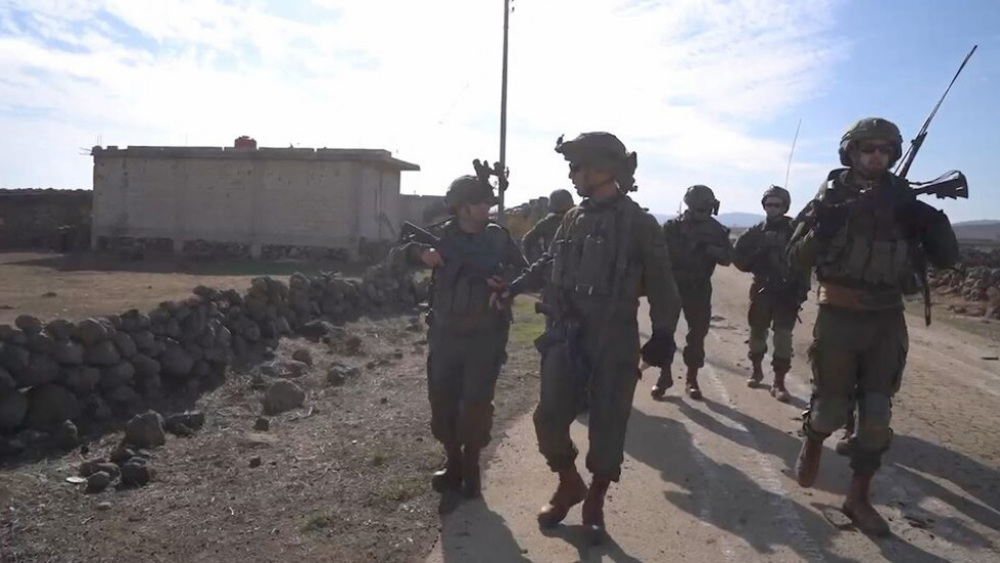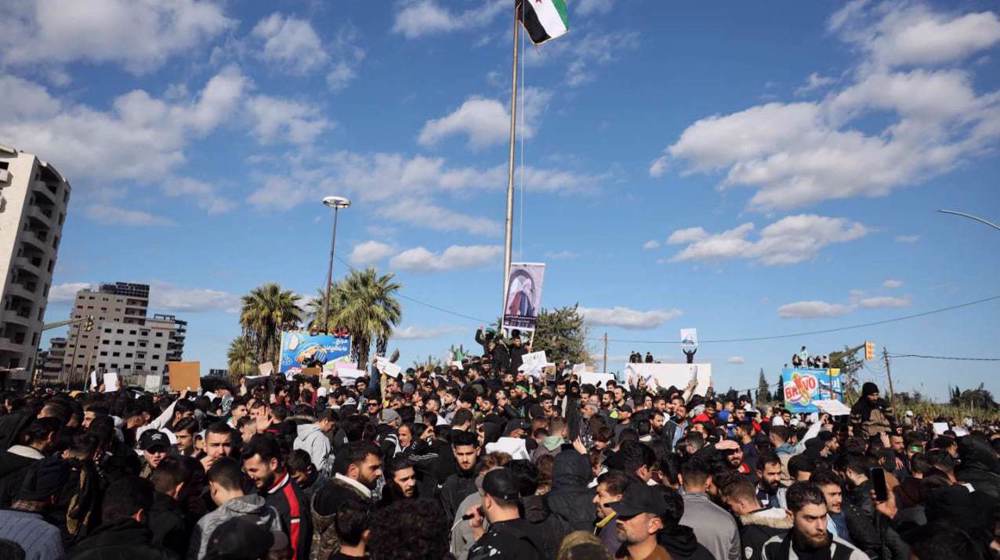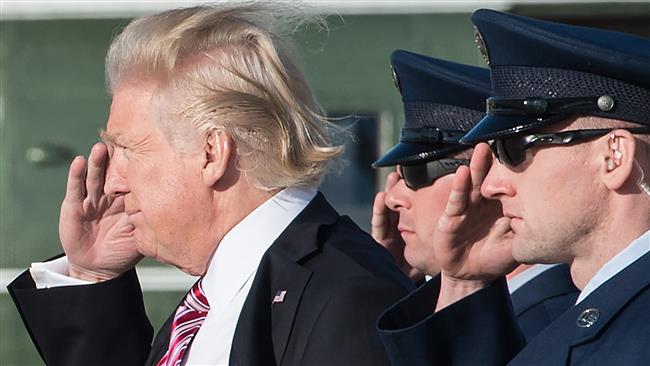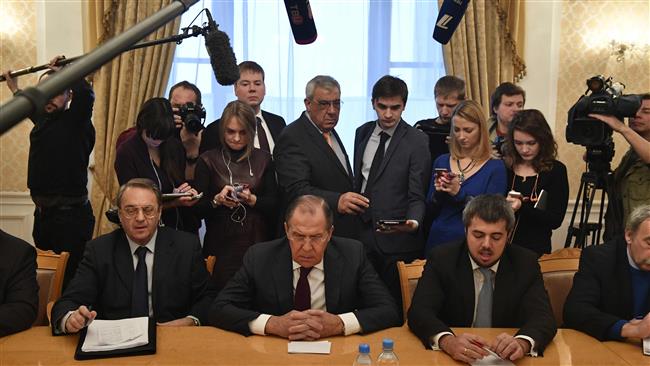Syrian army forces recapture strategic Wadi Barada valley from militants
Syrian government forces, backed by fighters from allied popular defense groups, have established full control over all towns and villages in the strategic Wadi Barada area on the outskirts of the capital, Damascus, after dozens of foreign-sponsored Takfiri militants left the region and fled toward the militant-held northwestern city of Idlib.
The Syrian army, in a statement read out by military spokesman Brigadier General Ali Mayhoub and broadcast live on television on Sunday, announced that units of armed forces and their allies have accomplished "their mission in returning security and stability to Basemeh, Ain al-Khadhra, Dayr al-Mogharen, Ayn al-Fijah, Dayr Ghanon, Kafr Zait, al-Hussainiah, Kafr al-Awamid, Berhelia, Afreh, and Souq Wadi Barada.”
Mayhoub then put the total expanse of liberated areas at 400 square kilometers, noting that the Syrian army has agreed to the evacuation of hundreds of militants from those areas as part of a reconciliation agreement between armed opposition groups and the government.
The high-ranking Syrian military figure underlined that Wadi Barada will be purged of Takfiri militants within the next two days.

The announcement came a day after Syrian government forces and their allies entered the water pumping station in Wadi Barada for the first time in four years.
Around 5.5 million people in Damascus and its suburbs have been scrambling for clean water ever since Syrian army soldiers and fighters from popular defense groups launched a major offensive on December 22, 2016 to recapture Wadi Barada.
The operation began after terrorists refused to surrender and leave the mountainous area near the Lebanese border.
The Takfiri militants had earlier contaminated Damascus's drinking water supply with diesel. The water authority had to cut the supply to Damascus and resort to using water reserves after extremists polluted the Ayn al-Fijah spring in the valley.
The Barada River and Ayn al-Fijah spring reportedly supply 70 percent of the water for Damascus and its environs.
Although people in some neighborhoods can get up to two hours of water every three or four days, many people have to buy water from unregulated vendors, with no guarantee of quality and at more than twice the regular price.

According to the UN, 15 million people across Syria are in need of help to access water and households spend nearly a quarter of their income on water.
UNICEF has provided generators to pump water and is delivering 15,000 liters of fuel daily to supply up to 3.5 million people with 200,000 cubic meters drinking water per day.
Over the past almost six years, Syria has been fighting foreign-sponsored militancy. UN Special Envoy for Syria Staffan de Mistura estimated in August last year that more than 400,000 people had been killed in the Syrian crisis until then. The UN has stopped its official casualty count in Syria, citing its inability to verify the figures it receives from various sources.
Iran not afraid of enemy, will not submit to US domination: IRGC
Iran foils foreign-linked sedition network, arrests armed suspects
UK acting as US vassal state on Venezuela
VIDEO | US kidnapping of Maduro, and the 'Donroe' Doctrine
US drops cartel claims against Maduro after invasion, kidnap
Israeli forces raid Quneitra countryside in new violation of Syria’s sovereignty
US oil firms reluctant to return to Venezuela despite Trump avarice: Report
US fixates on Venezuela’s oil after kidnapping President Maduro
















 This makes it easy to access the Press TV website
This makes it easy to access the Press TV website